
When you think about a string quartet, you don’t necessarily imagine wanting to get up and dance. But San Francisco-based Kronos Quartet has been pushing the boundaries of classical music for more than 45 years, including performing music with a driving, danceable beat. Kronos has premiered more than 1,000 compositions, including dozens by Jewish composers such as Philip Glass and Steve Reich. Reich won a Grammy for Kronos’ 1989 recording of his composition “Different Trains.”
Founded by violinist David Harrington in 1973, and including violinist John Sherba, violist Hank Dutt and cellist Sunny Yang, Kronos is known for incorporating new sounds and novel playing techniques, such as using a dumbek drum, as Dutt did at a concert at Marina del Rey’s Burton Chace Park on Aug. 8. The evening opened with a piece called “Zaghlala,” written by Egyptian keyboardist Islam Chipsy. It sounded like music you might hear in a Cairo dance club, with that driving viola providing a steady beat.
I first heard Kronos Quartet when I went to interview Harrington in Houston in 1989. The group swept into town on a windy day, bringing with it a new world of sounds and ideas. Afterward, as we were walking among the glass towers of downtown Houston, a huge gust arose. Annoyed by the dust, I covered my face. Harrington swung open his arms, embracing the wind — an attitude that characterizes his approach to music.
At the time, Harrington was carrying around a book of diary entries and letters called “An Interrupted Life” by Etty Hillesum, a young Dutch scholar who wrote about her efforts to maintain her values of study, caring for others and personal growth, until her death in Auschwitz in 1943. Thirty years later, Harrington is still inspired by her writings.
Kronos has commissioned 50 new pieces by musicians from around the world — including one by Philip Glass — and publishes the scores, parts and recordings online, for free.
“It’s just an incredibly personal view into what someone can accomplish as their physical world of possibilities gets more and more circumscribed,” he said after the Marina del Rey concert. “She kept growing. For me, that is an inspiration, no matter where you are or what you’re doing: allowing the sun to keep letting you grow.”
At the Aug. 8 concert, Kronos Quartet still felt like an ambassador of expansiveness. After the Egyptian piece, the group played a work by Mexican composer Severiano Briseño, upbeat and rollicking, a fiesta song. The Egyptian piece is part of Kronos’s latest barrier-breaking project, “50 for the Future,” in which Kronos has commissioned 50 new pieces by musicians from around the world — including one by Glass — and publishes the scores, parts and recordings online, for free.
“We’re trying to make the music that is part of our world available to everyone,” Harrington said. “We realized that none of our music was available in any public library. It’s either not published or too expensive or too hard to find. With ‘50 for the Future,’ any quartet in the world can play this Egyptian electro-dance music, and all these other pieces.”
Kronos has long played works of composers from around the world, and recently commissioned four cantorial-based pieces from four countries. But Harrington said that since the 2016 election, it’s become increasingly difficult for musicians from Africa and the Middle East to visit the U.S. Some have been unable to attend U.S. premieres of their own music. For Harrington, this has made playing works from these parts of the world increasingly important. “It’s impoverishing American audiences and groups, and keeping the music from blossoming,” he said. “We are trying to create a counterbalance to hatred, small-mindedness and to limited views of what is possible.”
The Marina concert was like taking a musical journey to different cultures, hearing widely disparate musical traditions tweaked and caffeinated for contemporary listeners. Fans sprawled on the hillside, tapping their feet to the beat and bursting into applause after each piece. I sat on a Mexican blanket with my 11-year-old son. I wanted to introduce him to this group, and to the feeling of openness that it had conveyed to me long ago.
Kronos also reintroduced songs audience members already knew and loved, allowing them to hear them anew, including Gershwin’s “Summertime.” I whispered to my son, “That’s one of the records we bought. Gershwin. Can you tell?”
Another piece had a scratchy section that sounded exactly like what you’re not supposed to do with a violin — which made it classic Kronos. For another, Harrington and Yang whipped plastic, corrugated, noise-making tubes through the air. Both pieces had a counter-institutional attitude that made my son sit up and smile.
So much has changed in 30 years, yet the power of this quartet to introduce new sounds, and to inspire a sense of the possible remains.
This article has been corrected to note that Kronos was founded in 1973, that during Zaghala, the instrument played is a dumbek, not a viola, and that the Briseno piece is not part of Kronos’ ’50 for the future”
Wendy Paris is a writer living in Los Angeles. She is the author of “Splitopia: Dispatches From Today’s Good Divorce and How to Part Well.”
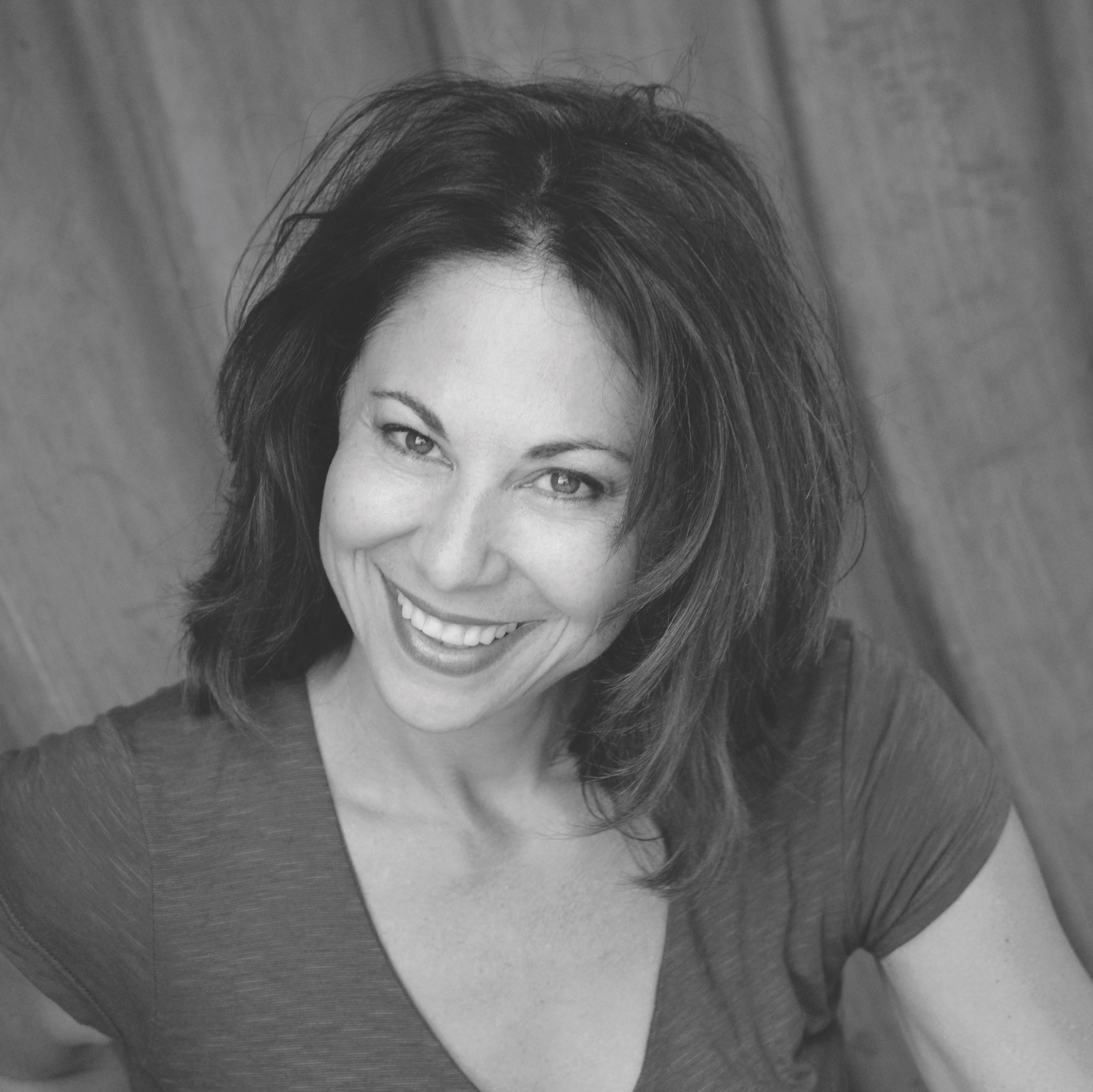











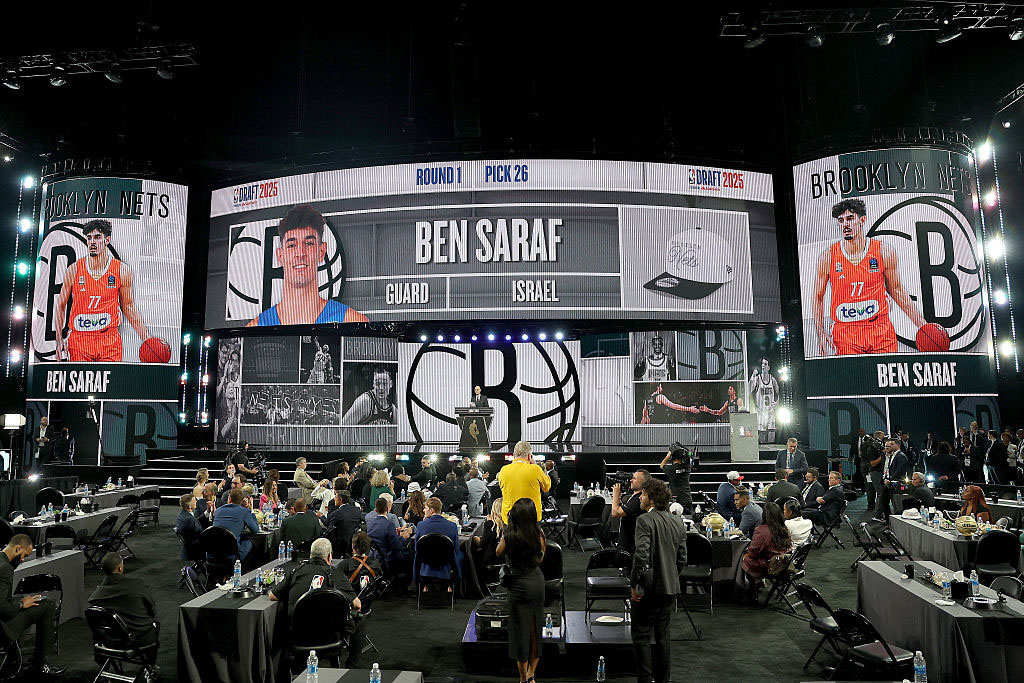













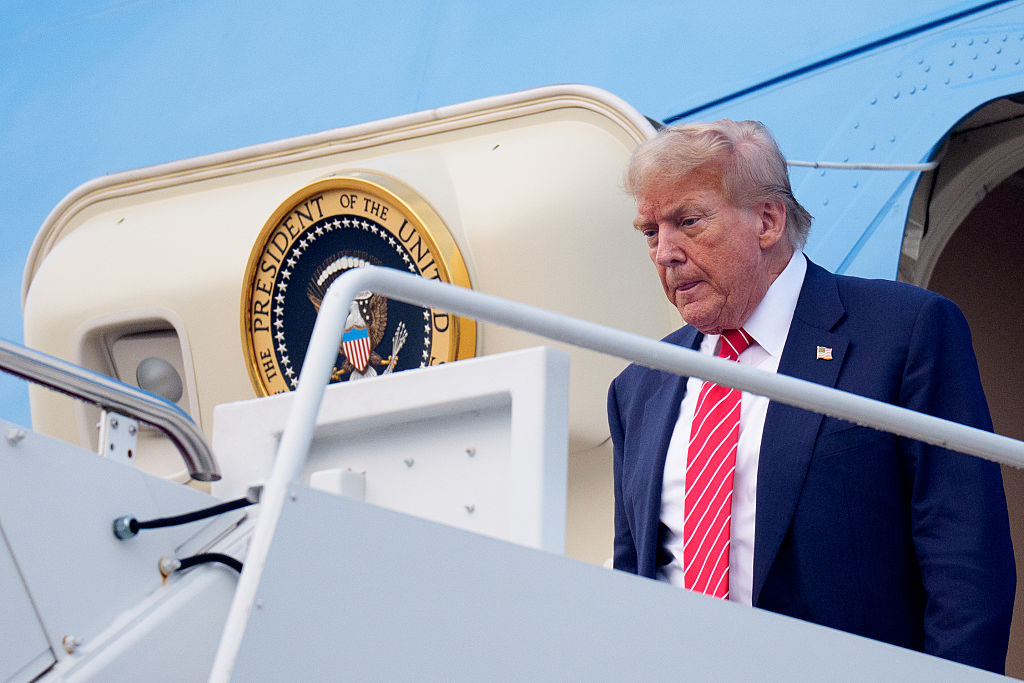
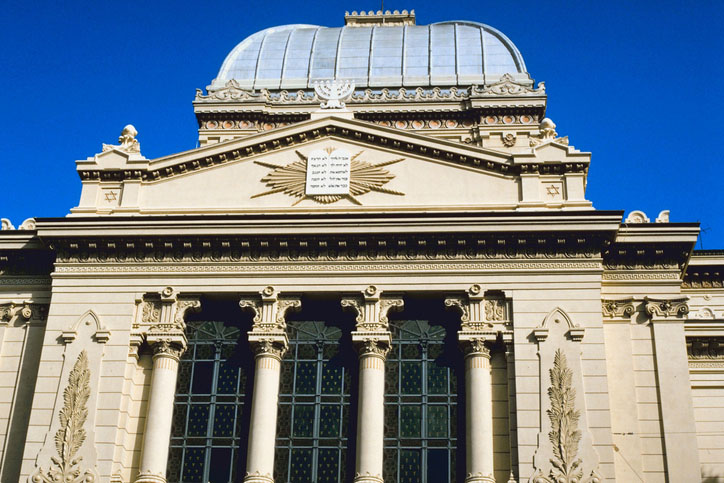
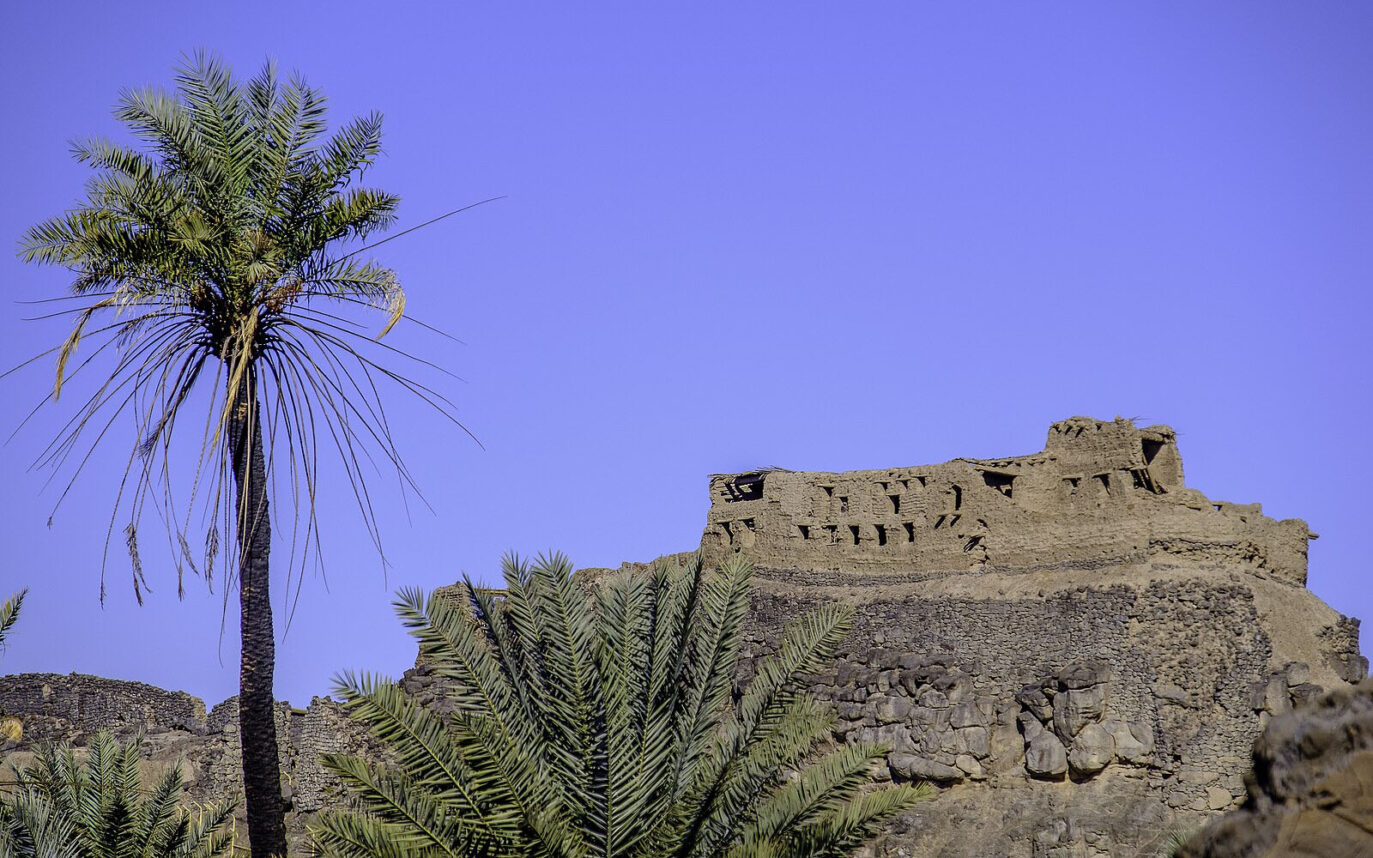
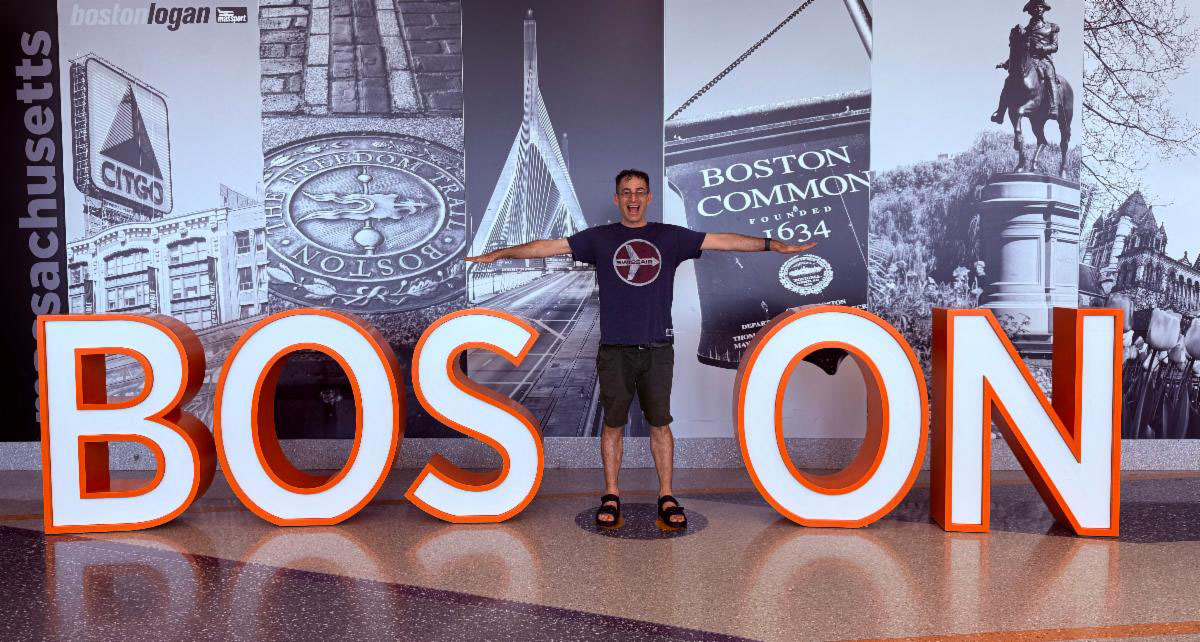

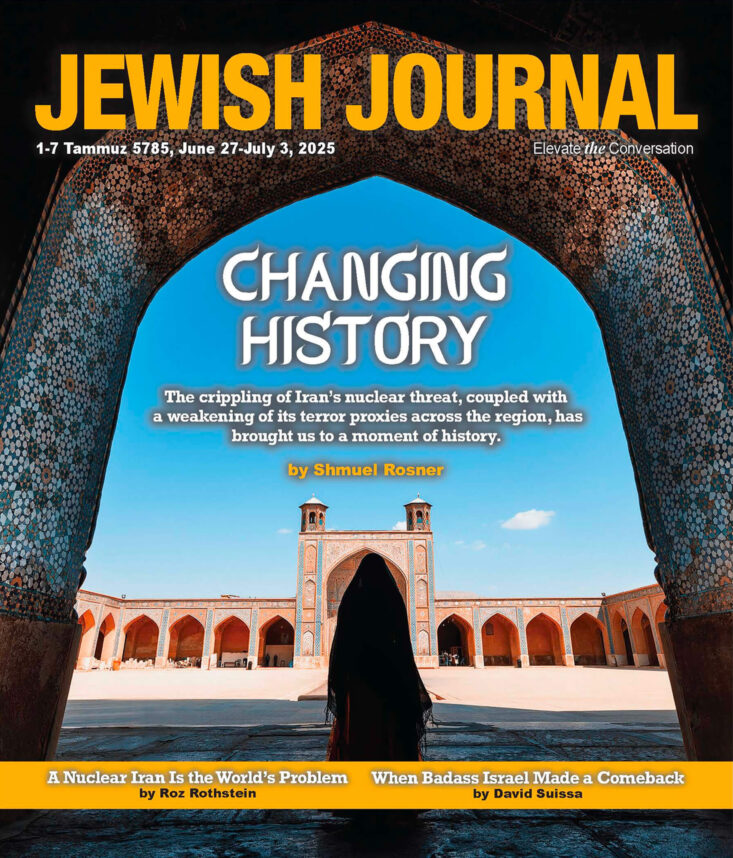


 More news and opinions than at a Shabbat dinner, right in your inbox.
More news and opinions than at a Shabbat dinner, right in your inbox.